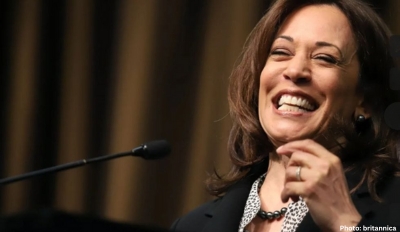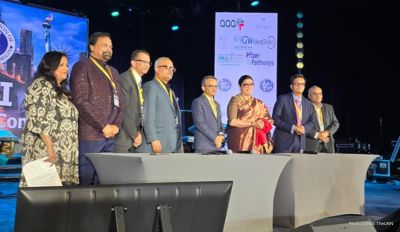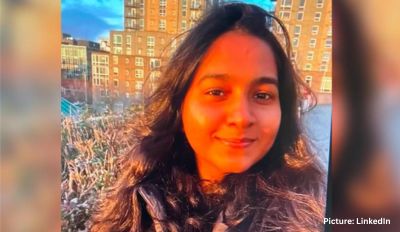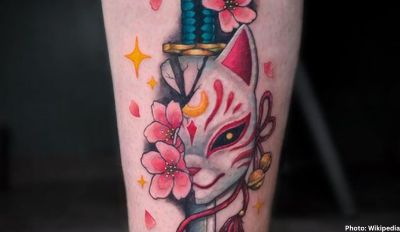Newswise — A mobile app could help turn the tide of a rise in breast cancer in women as young as 30 in India, according to new research.
 The disease is the most prevalent form of cancer globally and has become a major problem in India, where breast cancer accounts for 25% to 31% of all cancers.
The disease is the most prevalent form of cancer globally and has become a major problem in India, where breast cancer accounts for 25% to 31% of all cancers.
There has also been a significant shift away from older women to those aged 30-50 developing the disease.
Dr Judith Fletcher Brown, at the University of Portsmouth, UK, says a mobile app used by on-the-ground healthcare workers might be the answer to reaching more women and teaching breast examination techniques.
She said: “India has emerged as a hub central to the development of new technology. It really is time the Indian government made a concentrated effort on raising awareness about the early warning signs of this disease as a preventative method.
“The rate of technological innovation and demand in India for mobile devices offer fresh possibilities for the health and wellbeing of the world’s largest democracy.
“It’s time to invest in innovative mobile technology to combat the rise in breast cancer statistics.”
Dr Fletcher Brown suggests a breast healthcare app could be used by Accredited Social Health Activists (ASHAs). These on-the-ground healthcare workers are already accepted by the community, they overcome socio-cultural barriers as part of their normal day-to-day work, and they could encourage vulnerable target groups to engage with the breast cancer education mhealth technology.
Using a bespoke app (operated on a digital tablet with culturally-specific images) ASHAs could educate and demonstrate breast self-examination techniques to help identify the early warning signs of cancer. Similar technology is fast and simple to use.
In her previous research, Dr Fletcher Brown carried out fieldwork in New Delhi, India, and found the reason for such appalling statistics was a lack of awareness about the early warning signs of breast cancer by women. Macro environmental forces including weak political will to fund women’s health, combine with a society in which societal protocols which render discussion about cancer as culturally sensitive.
She said: “Tragically, the intense focus of the health service resources on Covid-19 patients, means late diagnosis at an advanced stage still remains the main challenge in the war against breast cancer.”
Dr Fletcher Brown’s latest research, with Diane Carter, Professor Rajesh Chandwani and Professor Vijay Pereira, reveals mobile health technology (mhealth) as an opportunity to improve cancer healthcare knowledge for women in India.
She said: “Smart technology such as mobile phones are a promising tool for disease control interventions in emerging economies and in India the dominant focus has so far concentrated on HIV/AIDS and diabetes education. We suggest broadening the scope of mheath technology to raise breast cancer awareness among Indian women.”











